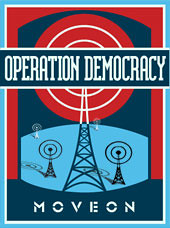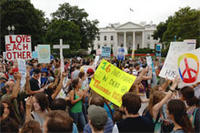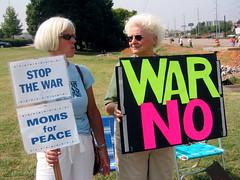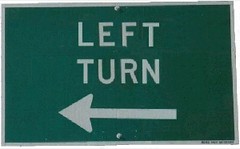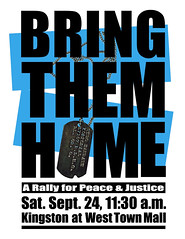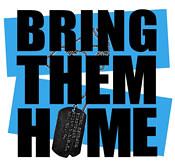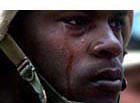
I am grateful for all of those who are working tirelessly this week to prepare for peace events this Saturday in
Washington, DC, in
Nashville, in
Knoxville and
around the nation. I am also grateful for thoughtful progressives who have challenged us to carefully articulate why we believe that protest and a withdrawal of troops is the best way to respond to the war in Iraq.
I think first and foremost we want to send a strong message that
the war was wrong in the first place. It was based on lies and deceit about the existence of weapons of mass destruction, the threat that Iraq posed to the U.S. and the link between Saddam Hussein and Al Queda. The Bush administration continues to perpetuate these lies by using Orwellian phrases like "war on terror," meant to reinforce the idea that we are fighting those who attacked us on September 11. We severely
damaged our credibility in the world and our capacity for working with other nations by stepping outside of normal international processes to initiate and prosecute the war in Iraq.
We spent money that we desperately needed for tracking down the real terrorists in Afghanistan and elsewhere, and that we clearly needed to bolster U.S. infrastructure (like in New Orleans) and emergency preparedness nationwide.
Clearly, Saddam Hussein was a bad guy, but unilateral war to remove a dictator who poses no threat to the United States is bad, bad policy. There are not enough American lives let alone the American will to invade and conquer every country with a dictator. And we continue to prop up other dictatorial governments around the world when it serves our interests in other ways. So
perpetuating democracy was clearly not the goal of this war.
More Americans are ready to hear this message, and so by organizing a large, nation-wide, newsworthy demonstration, we can raise awareness and drive home this point: we never should have been in Iraq in the first place. It's a moral failure of our government.
I appreciate the argument that now that we've created this mess, we owe it to Iraq to stay until the situation is stabilized. To this concern, I offer the following:
- The old adage that "two wrongs don't make a right" applies here. This whole endeavor was not worth one drop of American, British or Iraqi blood (or anybody else's). To continue to prosecute a war that was wrong in the first place perpetuates the error.
- Politically speaking, an immediate pull-out won't fly. That's why legislation like the Homeward Bound Act calls for simply setting a timetable for withdrawal, perhaps at the end of next year.
- Committing to coming home may actually deflate some of the Iraqi insurgency, because it will send the message that we do not actually have imperial ambitions in the Middle East.
- Committing to coming home will put more pressure on the interim Iraqi government to come up with a viable, inclusive constitution as quickly as possible.
- Committing to coming home will strengthen our standing in the world and the respect and cooperation we get from other nations.
In the end, committing to coming home is the right thing to do. It gives Iraq the best chance for actually creating a stable government (our presence will continue to drive anti-American sentiment and anti-democractic activity). In the worse case scenario, if the country fractures into Kurdish, Sunni and Shiite states, there will at least be a greater degree of autonomy than before our invasion, and the country's situation will be no worse than it was under Saddam Hussein.
I appreciate the challenge to articulate the goals and purpose of this weekend's protest. We need to be thoughtful and strategic in the way we communicate our vision of peace and justice. Let's think carefully, speak clearly, and take to the streets.
-G
